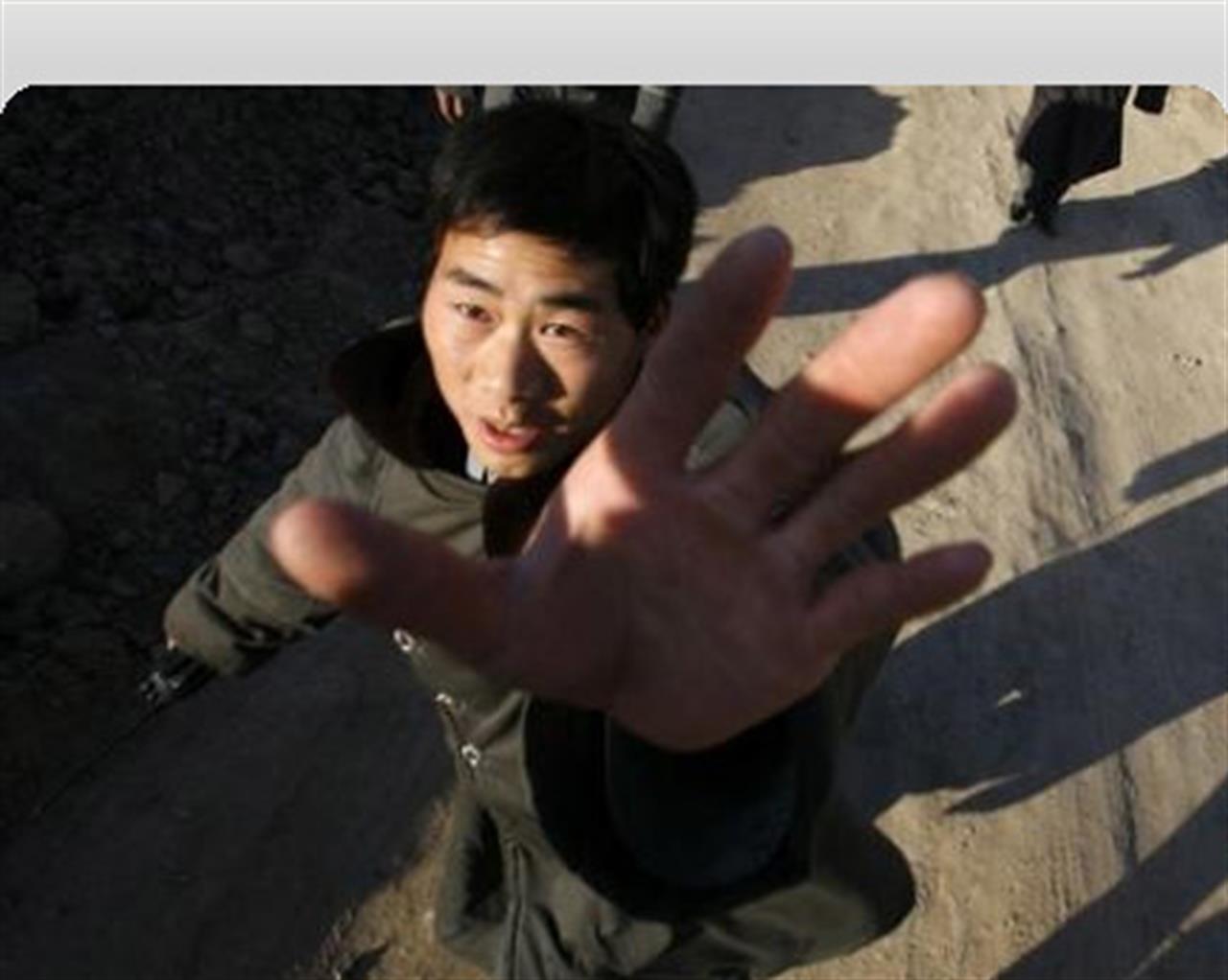Non profit
Beijing 2008: Reporting the Olympics
A guide for reporters writing about the games set to kick off on August 8 in Beijing.

The Beijing Olympics pose something of a quandary for the Western media. How do you get the access required to provide the coverage Western audiences expect yet sidestep China’s own journalistic traditions of censorship and propaganda?
Human rights NGOs come to the rescue with a set of guides and resources for journalists wishing to cover the event.
Human Rights Watch
A 44-page a practical handbook listing foreign journalists’ rights in theory and in practice, and including advice on how to best protect Chinese sources and news assistants: Reporters’ Guide to Covering the Beijing Olympics
A 71-page report documenting how foreign correspondents and their sources face intimidation and obstruction by government officials or their proxies when they pursue stories that might embarrass the Chinese authorities: China’s Forbidden Zones: Shutting the Media out of Tibet and Other ‘Sensitive’ Stories
A 61-page report on the hardships endured by many of the migrant workers who built the new Olympic venues, in some cases unable even to collect their wages: One Year of My Blood’: Exploitation of Migrant Construction Workers in Beijing
A 142-page report which details patterns of abuses against legal practitioners, including intimidation, physical assaults, suspension of professional licenses, disbarment, and even arrest and prosecution: Walking on Thin Ice’: Control, Intimidation and Harassment of Lawyers in China
For quotes by Chinese authorities and International Olympic Committee (IOC) officials on media freedom and other pledges related to human rights: In Their Own Words
Amnesty International
Amnesty International has launched The China Debate, a new website for people to have an open, constructive and balanced discussion about the human rights situation in China in the countdown to the Beijing Olympics.
Coalition to Investigate the Persecution of Falun Gong (CIPFG)
“When you come to the Olympic Games in Beijing, you will see skyscrapers, spacious streets, modern stadiums and enthusiastic people. You will see the truth, but not the whole truth…. You may not know that the flowers, smiles, harmony and prosperity are built on a base of grievances, tears, imprisonment, torture and blood.”–Open letter by prominent Chinese rights defenders Hu Jia and Teng Biao, September 2007.
To help foreign reporters overcome the Chinese government’s media censorship and shed light on closely shielded rights violations, the CIPFG has released a detailed guide to detention facilities located within miles of Olympic venues and known for their severe abuse of Falun Gong prisoners of conscience: Torture Outside the Olympic Village: A Guide to China’s Labor Camps
The 22 page guide details seven detention facilities, in or near Beijing, Qingdao, Shanghai, Tianjin, Qinhuangdao, and Shenyang. “Many of us have heard stories about China’s gulags, but when you discover how close some of these hellholes are to Olympic venues, it’s sickening,” says Clive Ansley, China Monitor for Lawyers’ Rights Watch Canada and North American President of CIPFG.
Internet freedom
To circumvent internet censorship use tools available on: www.internetfreedom.org
Find out more on Vita Europe
Empty promises: IOC admits to censorship
Find out more from NGOs
Coalition to Investigate the Persecution of Falun Gong
See also
Reporting in China: What not to do
Vuoi accedere all'archivio di VITA?
Con un abbonamento annuale potrai sfogliare più di 50 numeri del nostro magazine, da gennaio 2020 ad oggi: ogni numero una storia sempre attuale. Oltre a tutti i contenuti extra come le newsletter tematiche, i podcast, le infografiche e gli approfondimenti.
